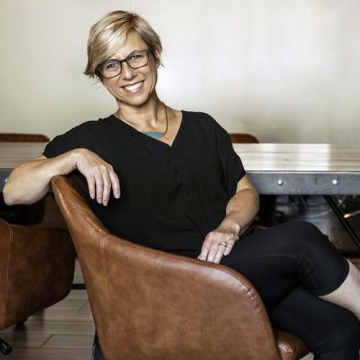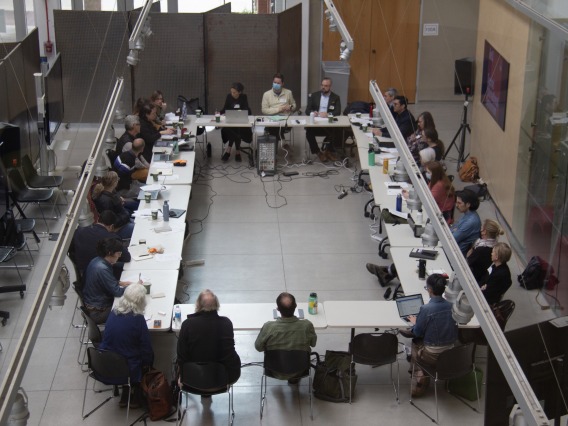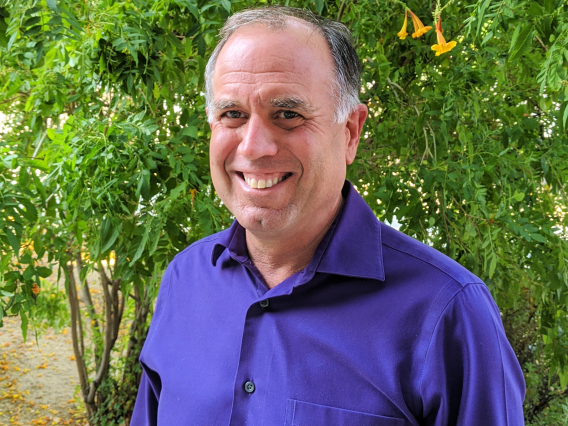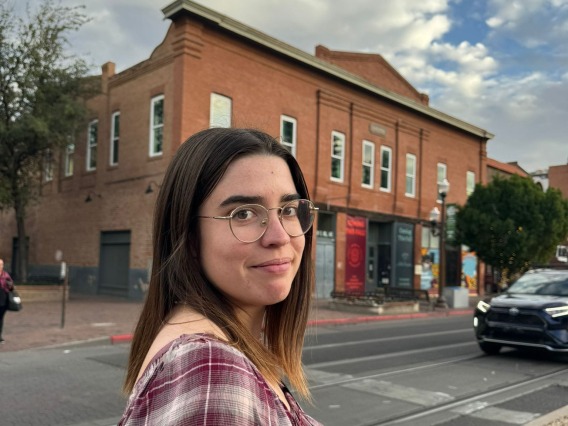Lecture Recap and Video: Linda C. Samuels on 'Infrastructural Opportunism, Infrastructural Urbanism, Infrastructural Optimism'

Header Image by Pexels
With a multi-trillion dollar infrastructure bill recently passed by Congress and threats of climate change more evident with every superlative weather event, flood and forest fire, the urgency for architects, landscape architects, urban designers and planners to be proactive participants in climate and equity solution is stronger than ever. This lecture, derived from Samuels' recent book project, Infrastructural Optimism, will:
- Expose the audience to three strategies for incorporating next generation thinking into infrastructural design work
- Discuss the lineage and value of systems-based urban design, or Infrastructural Urbanism, as a strategy for architects, landscape architects, urban designers and planners to participate in the production of more responsive, performative and sustainable cities
- Introduce the 12 next-generation infrastructure criteria
- Share case studies that exemplify how these strategies and criteria can be incorporated into their own work, including relevant local references
Watch the Lecture
About Linda C. Samuels

Linda C. Samuels, Associate Professor of Urban Design, Washington University in St. Louis.
Linda C. Samuels RA, PhD is an associate professor of urban design at the Sam Fox School of Design & Visual Arts at Washington University in St. Louis, where she teaches architecture and urban design studios and seminars on Infrastructural Urbanism, urban history and theory, and alternative sustainability metrics. Recent studio partners include Virgin Hyperloop One (LA/LV), Food Forward (LA), Lorcan O’Herlihy Architects (LA/Detroit), Bistate Research Institute (St. Louis), and Dutchtown South Community Corporation (St. Louis). Samuels was co-principal investigator on a grant from The Divided City initiative, funded by the Mellon Foundation, entitled Mobility For All By All, which aims to increase the social and environmental benefits of the multibillion-dollar proposed MetroLink expansion for residents living along the alignment.
Before coming to WashU, Samuels was the inaugural director of the Sustainable City Project (SCP), a multidisciplinary research, teaching, and outreach initiative of the University of Arizona, where she worked with public and private partners on micro- to macro-scaled sustainability efforts in southern Arizona and the larger megaregion.
Samuels earned her Doctorate in Urban Planning from the University of California, Los Angeles, and her Master of Architecture from Princeton University. While at UCLA, she was a senior research associate at cityLAB, an urban think tank in UCLA’s Department of Architecture and Urban Design. Samuels organized the influential WPA 2.0 design competition, symposium, and exhibition with Dana Cuff, Roger Sherman, and Tim Higgins.
Samuels’ publications include “Top/Up Urbanism” in Amplified Urbanism and “Resistance at the Trench: Why Efforts to Reinvent the 101 Freeway in Downtown Los Angeles Continue to Fail" in the Journal of Planning History (both 2017). Her 2019 essay, “A Case for Infrastructural Opportunism” was published in TAD: Technology I Architecture + Design.
Samuels’ most recent book, Infrastructural Optimism, was published in September by Routledge.



